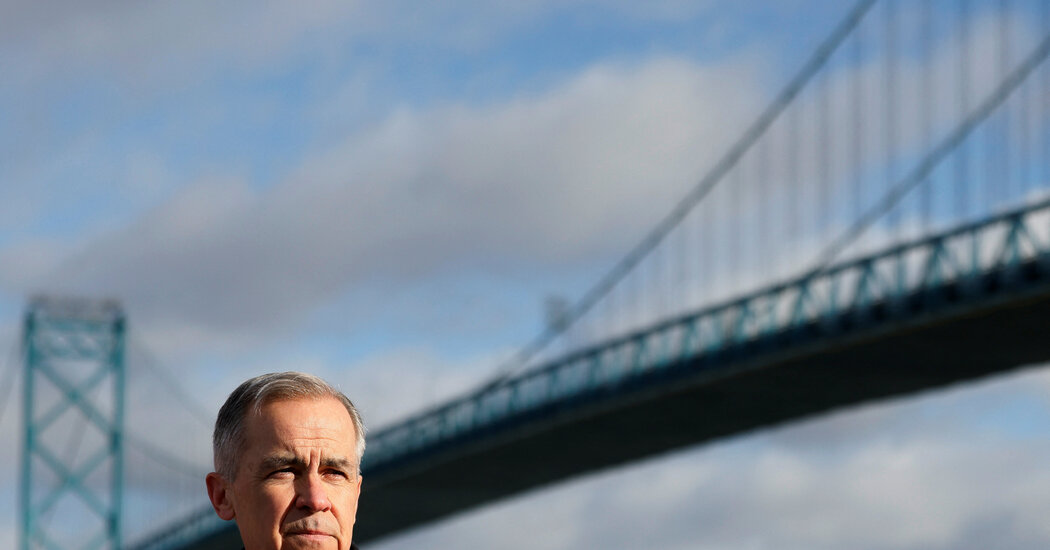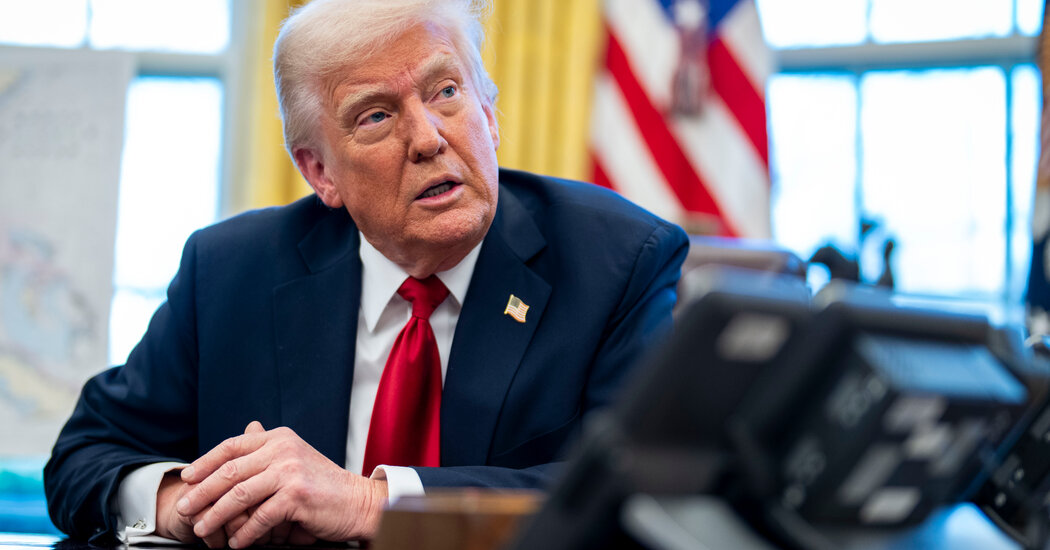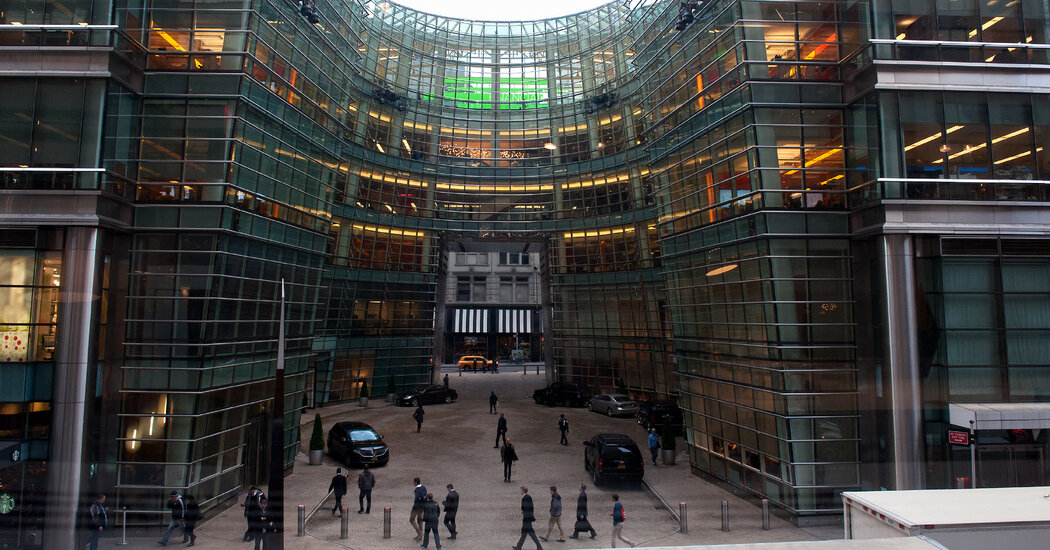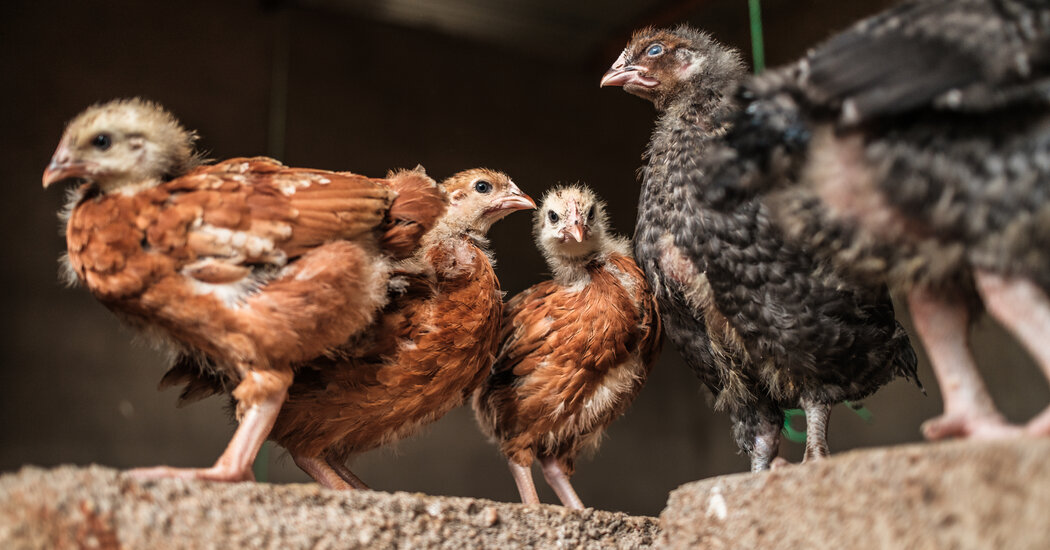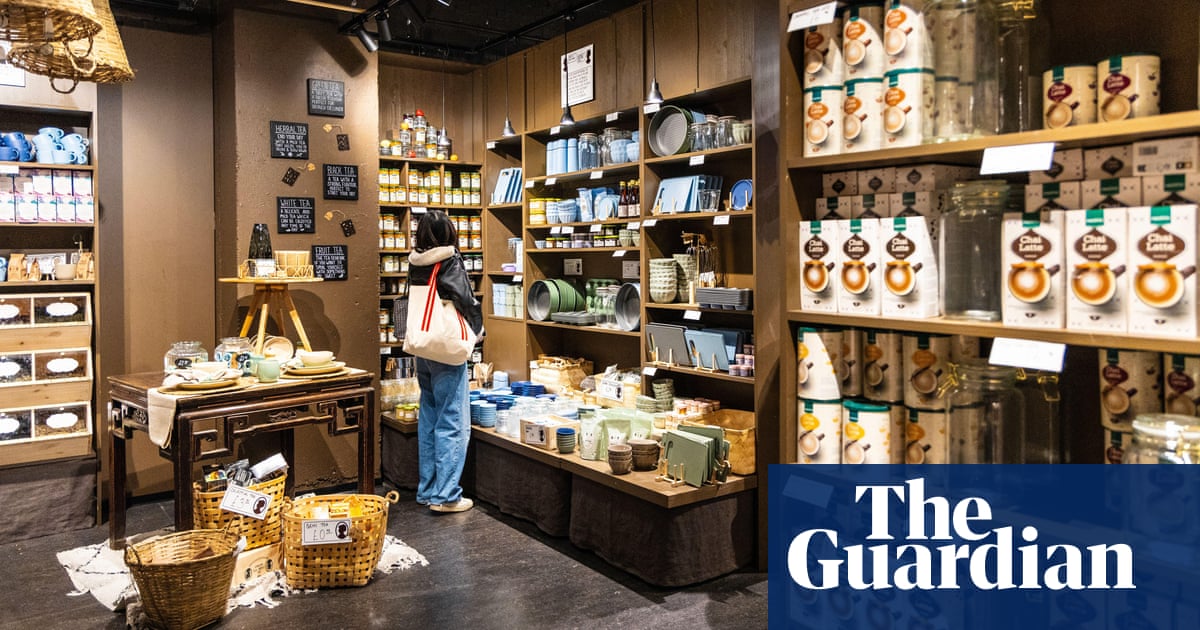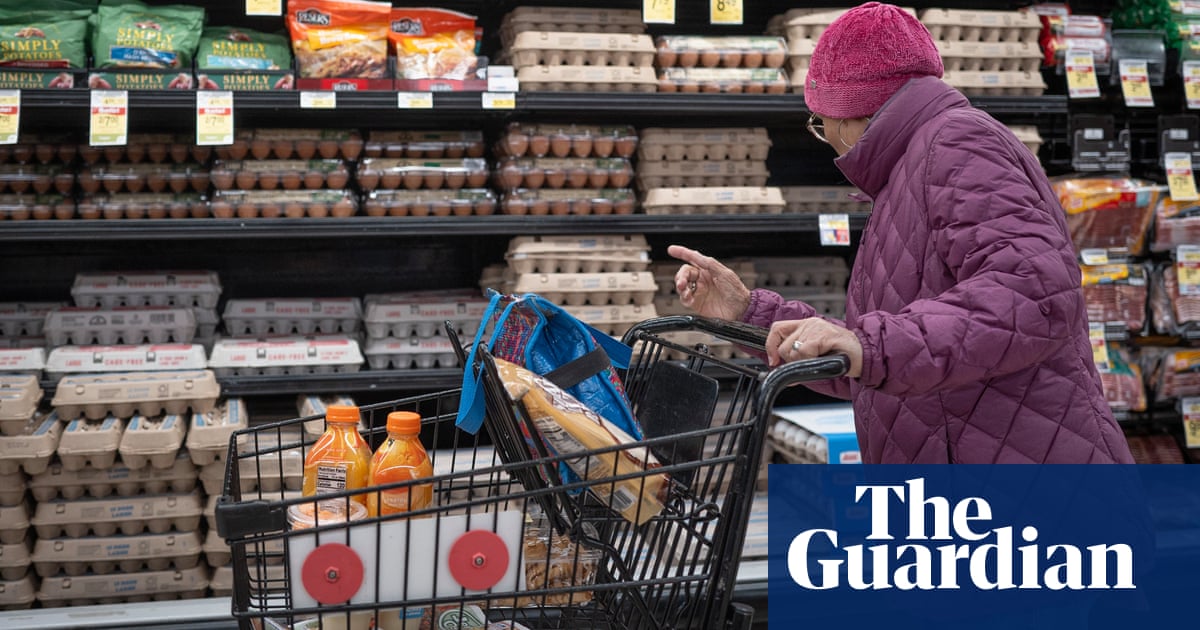
Eggs: staple food, index of inflation and touchstone of American culture
As the Trump economy continues to perform with all the robustness and reliability of a Tesla Cybertruck, one thing, above anything else, has come to be seen as a measure of how the US is faring: the humble egg.
The egg holds a uniquely central place in American culture, egg experts say, and the soaring price in recent months, largely due to a bird flu outbreak, has been discussed and debated across the country.
About 30 million chickens have been culled due to the disease, making a mockery of Donald Trump’s campaign trail promises to reduce grocery prices. Eggs cost 59% more in February compared with a year earlier, and while the price has declined in recent days, the government has predicted egg costs will inch back up. But the egg focus raises the question: why has the egg become the de facto barometer for economic success in the US?
“We all know that famous phrase from James Carville: ‘It’s the economy, stupid.’ This is like that, but, I suppose it’s the pedestrian, grounded version of that, without having to understand economics or anything like that. Everybody knows how much eggs cost,” said Clodagh Harrington, a lecturer in American politics at University College Cork.
“They’re not steak, they’re not champagne, they’re not things that a lot of people will never have. And they’re not a kind of disgusting, low-budget, fast food either. They are considered, with some caveats, to be a reasonably healthy food option. So there’s a kind of a commonality there that everybody knows the price of eggs.”
The ongoing egg price outrage could be seen as a political problem of Republicans’ own making. On the campaign trail Trump stood in front of an array of groceries, Kim Jong-il style, and lamented that “grocery prices have skyrocketed”.
“When I win, I will immediately bring prices down, starting on day one,” Trump said.
Later in the campaign, JD Vance held a press conference at a supermarket in Pennsylvania, where he wielded a carton of 12 eggs and complained that they cost $4. The stunt didn’t work as Vance intended – many people noticed that there was a sign behind him advertising a dozen eggs for sale at $2.99 – but it made clear that eggs could be an important political tool.
As the Trump administration seeks to fight the bad publicity around high egg prices, it has suggested some unusual solutions.
Brooke Rollins, the secretary of agriculture, was dispatched to Fox News in early March to defend the price surge, and suggested that people combat prices by buying their own chickens and having them roam around their property.
“People are sort of looking around and thinking: ‘Wow, maybe I could get a chicken in my back yard and it’s awesome,’” Rollins said. She provided no evidence that people were increasingly keeping chickens in their backyards as a result of the increase in egg prices, and the Guardian was unable to find any case studies.
In a stark contrast to Trump’s nationalist policies, the government is now seeking to import eggs, and has asked Denmark and a variety of other European countries to help. In February the Turkish egg producers central union said it would export 420m eggs to the US in 2025.
But another solution to the crisis would be to just stop eating eggs. Why can’t Americans quit them?
“There’s a kind of a classic aspect of the American breakfast: your coffee and your eggs,” Harrington said.
“In Europe, maybe it’s not quite so much that. In Europe if you’re on the mainland, you might be having a croissant, if you’re in Britain or Ireland, you might be having something a bit more stodgy.
“Even the diner culture, that’s something that we don’t really have over here. The second half of the 20th century, that classic imagery of the people in the diner, very often they were eating eggs. So that there’s a kind of a cultural touchstone element to it.”
after newsletter promotion
Americans’ relationship with eggs has been nurtured by the American Egg Board, a pro-egg lobbying group set up by Congress in 1976 to promote the interests of egg farmers and increase demand for eggs.
The American Egg Board, which boasts of being “Home to the Incredible Egg” – largely just a list of egg-based recipes – duly began running a series of TV egg advertisements in the late 1970s, aiming to cement eggs as inextricably tied to American home life.
One such advert, which ran in 1978, featured the actor James Hampton, who had previously starred in The Longest Yard and would go on to appear in Teen Wolf and Teen Wolf Too. The commercial featured shots of eggs in a variety of guises – fried, poached, scrambled and soft boiled – as Hampton declared: “Eggs are a natural wonder.”
Eggs are “an indispensable part of Americans’ daily lives”, said Emily Metz, president and CEO of the American Egg Board.
“Eggs matter to people. More than 90% of US households buy eggs, and it’s no surprise people are concerned, especially during periods of higher egg prices. We know people are frustrated, and we understand and share those concerns.”
Metz said egg farmers were engaged in the “fight of their lives” against bird flu.
“Egg farmers appreciate the patience their customers and consumers have shown during these challenging times. America’s egg farmers are working hard to protect their farms and birds so they can continue supplying the nutritious eggs Americans love,” she said.
There have been signs that egg prices may be declining. Rollins claimed on Tuesday that the average price of a dozen eggs had declined by $1.85 since 26 February – although the US Department of Agriculture reported on Thursday that the egg market was actually “slow to moderate”, and said that the price dip may be mostly due to people buying less.
And Rollins herself warned that “we expect [the price of eggs] to perhaps inch back up” in the coming weeks, given demand for eggs is likely to increase as Easter approaches.
While the fate of the US has been intertwined with the egg for generations, the prolonged love affair, for now, will continue to be strained.



